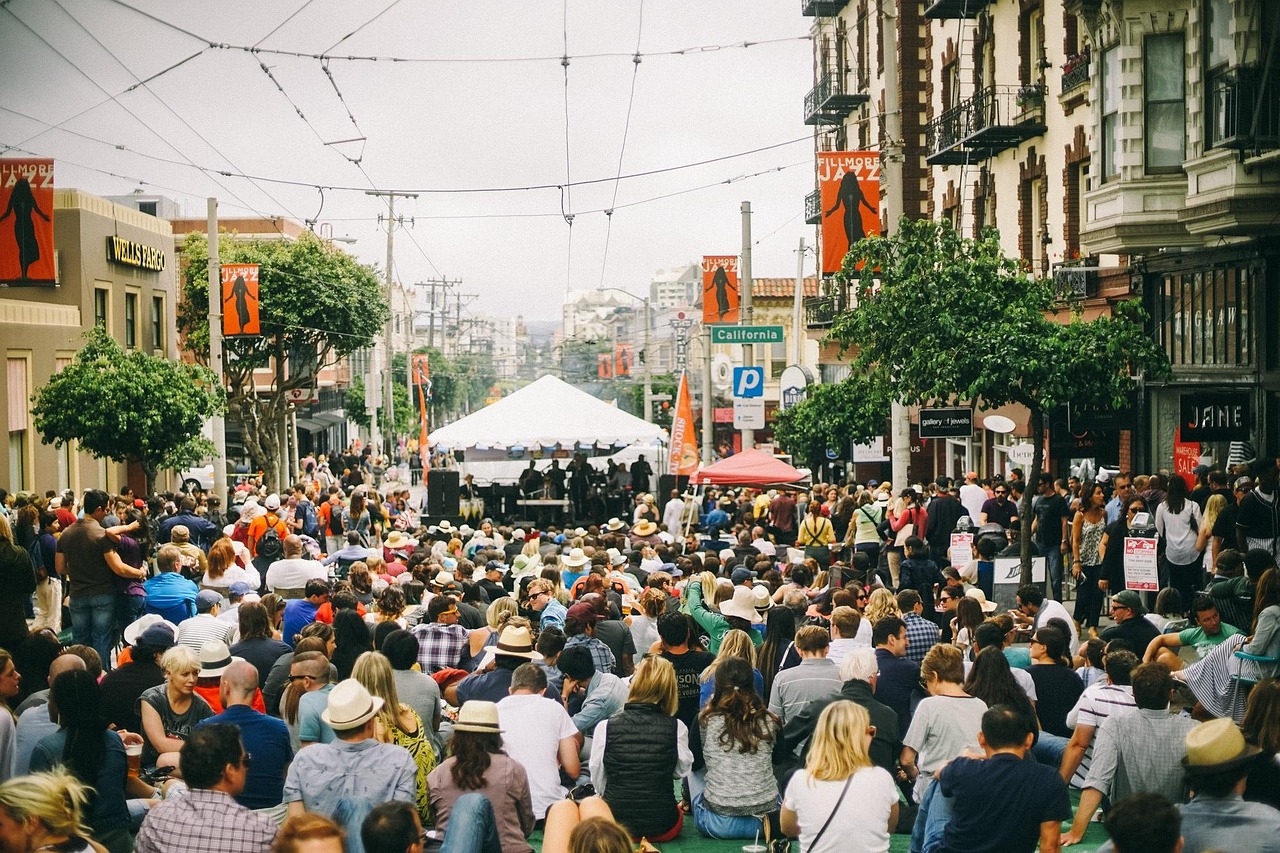Funding a Free Music Festival.

Music festivals that have evolved out of local community events or are linked to charitable work are often organised by committees and associations where the primary objective is to provide valuable services to the public for free. How can organisers fund free music festivals without charging festival-goers for attending.
It is common for these free music festivals to be centred around towns and city locations with a heavy emphasis on the local community. It is not unusual for these events to be organised by volunteers and other key stakeholders who may work for the local council, tourism board or other locally focused service entity. There are a number of strategies involved in obtaining funding that can help the festival operate in a professional manner, what are these potential sources of funding?
Vendor Pitch Spaces.
Organisers can generate significant revenue from selling pitch spaces for food and beverage or merchandise vendors. Providing potential vendors with data on visitor numbers and demographics can make the pitch spaces attractive and they often sell out quickly. Negotiate deals with alcohol beverage vendors to take a percentage of turnover, this is a common practice for many music festivals and can provide much needed incremental revenue.
Commercial Sponsors.
The bulk of funding for a free music festival will always come from commercial sponsors which can be a mixture of local businesses or national brands. Organisers can provide multiple branding opportunities for sponsors which typically would include stage sponsorship, on-site signage branding and online advertising branding for example.
Partnerships.
Most free to attend music festivals are organised in partnership with local councils who have an interest in bringing cultural events to the area. Tourism offices and local businesses also like to get involved because the event can attract many visitors to the festival location from outside the area. Other partnership deals can be made with local or national radio or TV stations who can be given exclusive coverage of the event in return for advertising space. Organisers can also investigate utilising arts and cultural funding initiatives from government organisations who may be open to financial funding or other assistance.
Other Funding Options.
Organisers can negotiate with contractors providing services like stage construction or toilet facilities to provide an element of their service for free in exchange for branding. Curating the performance artists can be challenging as organisers of free to attend festivals often do not have sufficient funds to pay for appearance fees. Emphasising the potential coverage the artists will get can help bring fees down or organisers can agree to cover expenses as minimum. Despite being a free to attend festival it may be worthwhile considering having small exclusive performances which festival-goers need to pay for a ticket to attend. Organisers can also look into providing small VIP hospitality zones for those willing to pay for positions close to a stage for example. The festival can also open online platforms or on-site collection points for public donations, although funds collected using this method will likely be very small.
For festival organisers planning their next event using a software management platform like Festival Pro gives them all the functionality they need manage every aspect of their event logistics. The guys who are responsible for this software have been in the front line of event management for many years and the features are built from that experience and are performance artists themselves. The Festival Pro platform is easy to use and has comprehensive features with specific modules for managing artists, contractors, venues/stages, vendors, volunteers, sponsors, guestlists, ticketing, site planning, cashless payments and contactless ordering.
Image by StockSnap via Pixabay
<< Back to articles
Contact us
Get in touch to discuss your requirements.
US: +1 424 485 0220 (USA)
UK: +44 207 060 2666 (United Kingdom)
AU: +61 (2) 8357 0793 (Australia)
NZ: +64 (0)9887 8005 (New Zealand)